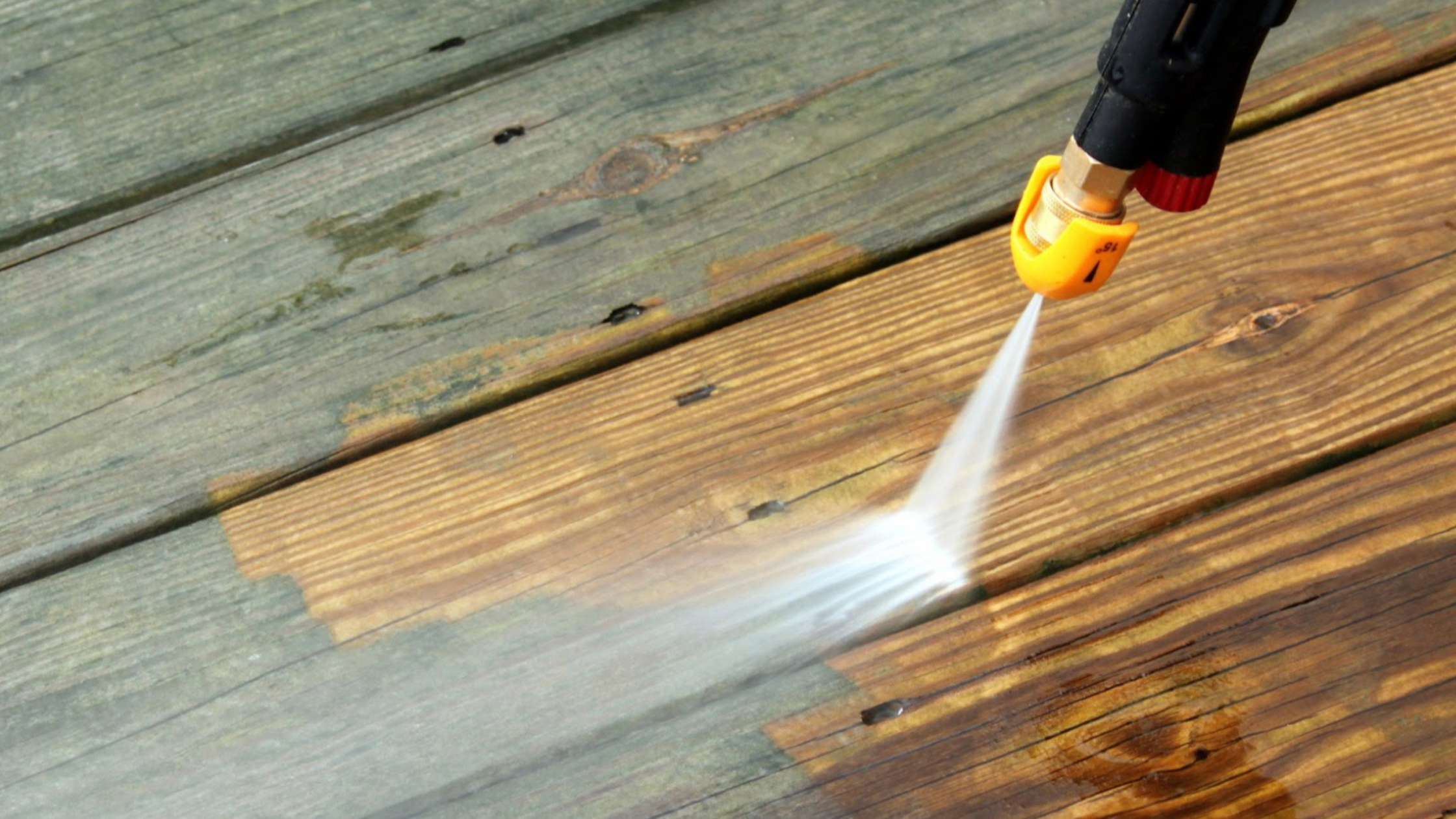A pressure washer is a versatile tool that can efficiently clean a vast variety of surfaces, from your car to your patio, and much more. But, with the numerous models and specifications available in the market, choosing the right one can be a daunting task. In this guide, we aim to simplify that process by discussing the key factors you should consider before purchasing a pressure washer. With the right information at your fingertips, you’ll be able to make a well-informed decision that suits your specific needs.
Understanding Your Cleaning Needs
Before investing in a pressure washer, it is crucial to identify your cleaning needs. Are you primarily using it for domestic tasks such as washing your car, or cleaning your driveway or patio? Residential models, which are often lighter and more manageable, will likely be sufficient for these tasks. However, if you’re running a business that requires frequent, heavy-duty cleaning, commercial-grade models would be more appropriate.
Moreover, consider the type of dirt or grime you’ll be dealing with. Some stains are harder to remove, necessitating a washer with higher pressure capabilities. Remember, understanding your cleaning needs will guide your purchasing decision and ensure you buy a washer that can effectively satisfy your specific requirements. When you find a dealer, it is essential to communicate your needs accurately to help them recommend the best-suited model. Also, don’t hesitate to ask questions and clarify any doubts you may have.
Electric vs Gas Models
There are two main types of pressure washers: electric and gas. Electric models are generally quieter, lighter, and require less maintenance than their gas counterparts. They are perfect for smaller, lighter tasks around the house like cleaning grills, patio furniture, or vehicles. On the other hand, gas models are more powerful and can handle larger tasks like cleaning decks, siding, or second-story exteriors. They offer mobility and longer runtime, but they require more maintenance and are louder.
Understanding the pros and cons of each type can help you decide which is most suitable for your needs. For instance, if you live in a noise-sensitive neighborhood or have limited storage space, an electric model may be the better choice. On the other hand, if you need to clean large outdoor spaces or heavily soiled surfaces, a gas-powered pressure washer would be more efficient.
Pressure and Flow Rate
The effectiveness of a pressure washer is largely determined by two factors: pressure and flow rate. Pressure, measured in pounds per square inch (PSI), indicates the force the water will have. A higher PSI means the machine can tackle tougher stains and dirt. Flow rate, measured in gallons per minute (GPM), refers to the volume of water the machine can produce. A higher GPM will clean more quickly. It’s important to consider both factors in tandem; a machine with a high PSI but low GPM might not be as effective as you need.
Additionally, consider the adjustable pressure feature on some models. Being able to adjust the pressure allows you to use the machine for a wider range of tasks without causing damage. For example, you can lower the pressure when washing your car or delicate surfaces and increase it for tougher cleaning jobs.
Nozzle Types and Attachments
Pressure washers come with various nozzles and attachments that dictate the spray pattern. Some offer a narrow, high-pressure jet for tough stains, while others provide a wide, low-pressure spray for delicate surfaces. Consider a model that comes with a variety of nozzles for versatility in cleaning. Some pressure washers also have specific attachments for tasks like gutter cleaning or surface washing, which can be an added advantage.
Also, make sure to check the compatibility of these attachments with your chosen pressure washer. Some models may require proprietary attachments or nozzles, limiting your options.
Price and Warranty
Finally, consider the price and warranty of the pressure washer. Higher-priced models often come with more power, versatility, and longevity. However, if you only need a machine for occasional use, a more affordable model might suffice. A warranty can offer peace of mind, as it covers any manufacturing defects or issues that arise from normal use. Make sure to read and understand the warranty terms before making a decision.

In conclusion, choosing the right pressure washer involves a careful evaluation of your cleaning needs, understanding the differences between electric and gas models, considering pressure and flow rate, examining nozzle types and attachments, and assessing price and warranty.
By taking these factors into account, you can ensure that you invest in a pressure washer that will effectively cater to your specific requirements and provide long-term value. Remember, the best pressure washer for you depends not only on its features but also on how well those features align with your unique needs and expectations. Happy shopping!
Want More?
We hope you’re enjoying our content. For a deep dive into all things related to Habit, click here! For more helpful advice on a range of topics, explore our Success Blog now!
